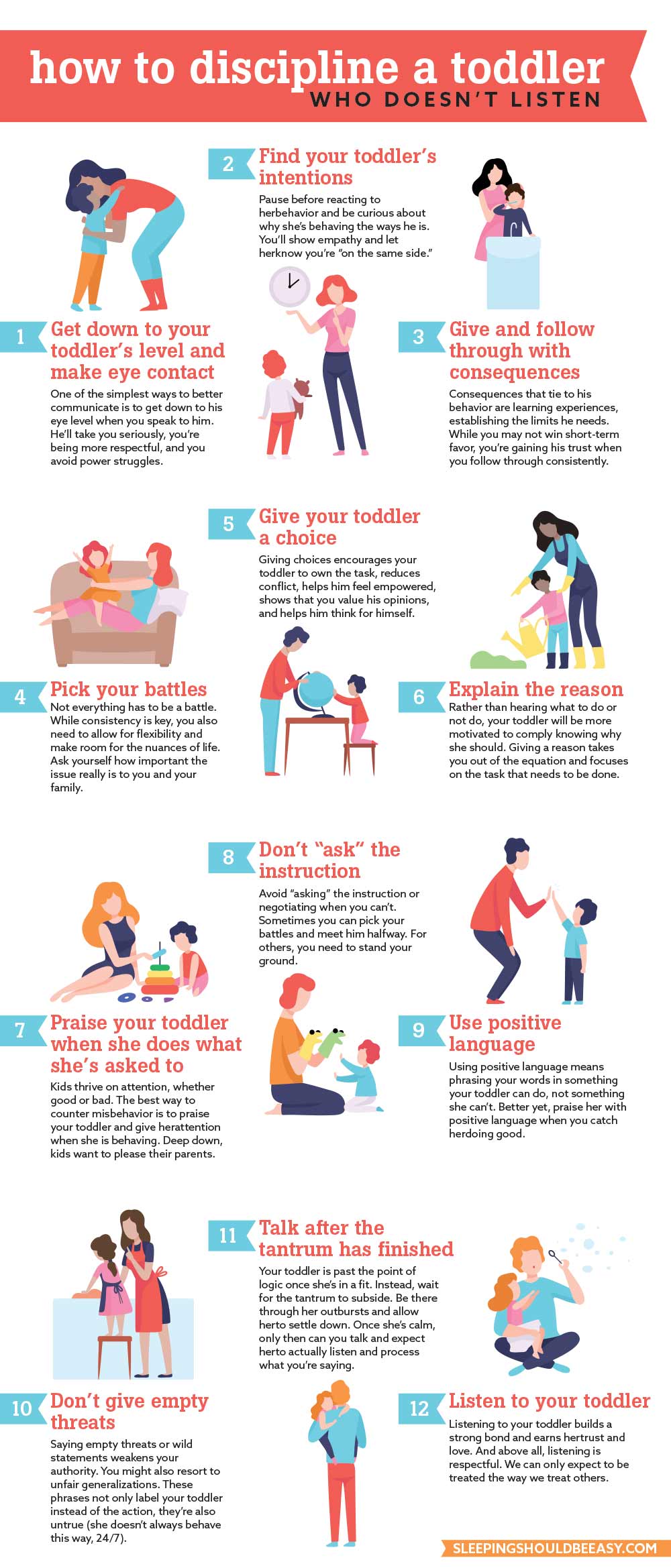
Parents should be careful about what they say to their children. These are 15 things that you shouldn't say to your child. If you're not sure what to avoid, read on. It might surprise you! You might be shocked at how little you know about raising kids! These are the words you should avoid:
Avoid using the term "but" for compliments
One of the most effective ways to give compliments to your child is to avoid the word "but." Parents who resort to this tactic often respond with hurtful comments to their children. It can be hard to remain objective and detached while your child fights, calls you names, or engages in other arguments with you. This only makes it worse. You can try to avoid saying "but" in compliments. Your child is more likely to be grateful for your thoughtfulness.
When your child does something well, it is best to give them specific compliments. Your child will feel validated and accomplished if you compliment them at the right moment. Also, specific compliments will help ensure that they never forget what was said. During potty training, parents clapped and hooted to reinforce the desired behavior.
Avoid using "always" in statements
It's not always accurate, despite common usage of the phrase "always". Moreover, it lowers credibility. It doesn't give any useful information. It only creates false expectations, and can lead to a negative view of the other person. Hence, we must avoid using the word "always" in statements to our children. Below are some situations in which it is better to avoid using the word "always".

Avoid using the word "always", in statements that are always.
Never statements are very common but they are often false. This is particularly true for people who have personality disorders. They often use the phrase to fit into their own world. People who make Always Statements typically use the word in an accusatory or argumentative manner, or even list a variety of situations when they've listened to someone.
FAQ
What's an example of positive parenting?
Positive parenting teaches children how they should behave by setting high expectations and expecting them live up to them. It involves loving them unconditionally and supporting them through their struggles.
Positive parenting encourages children to choose the best for themselves and not what's easiest or most convenient. This helps children become independent adults who can decide for themselves what they want, rather than following the advice of others.
Positive parenting means having fun with your children and encouraging them to find the joy in their lives.
Children learn to trust their parents when they are treated as people and not just objects. Children are less likely than their parents to get in trouble, and they become happier and more healthy.
Which parenting style is most encouraged in modern America?
The traditional family model is not as popular today as it was 50 years ago because families are changing. The role of parents in raising children has become less important. They prefer to spend their time alone, rather than spending time with their children. Helicopter parenting is a term that describes this type of parenting. It's where parents hover around their children 24/7. They ensure that they supervise everything. They make sure they exercise regularly, eat healthy, and sleep well at night. This kind parenting creates stress for both the parents and the children. Kids feel like they're missing out on childhood experiences, while parents feel guilty if they aren't around all day long.
This type of parenting is not good for kids because it doesn't teach them how to take care themselves. This type of parenting teaches children to rely on their parents for everything. Instead of teaching independence, parents are teaching dependence. They teach their children that adult support is necessary for success. They can blame themselves if they fail.
This can lead to children feeling worthless and inadequate. Because they failed to live up to their expectations, they believe they are failing. And since they weren't taught how to deal with failure, they also lack self-confidence.
This parenting style is not as popular due to the fact that there are less two-parent households. It is more difficult for parents to be available to their children when both work. So many parents end up raising their kids alone.
Nowadays, parents want their kids to be happy and healthy. Parents don't want their children to be stressed about getting enough sleep, eating right, and exercising. They want to live their own lives. They have hired tutors, nannies or other caregivers so they can focus on their own lives.
They don’t want to manage every aspect their child’s life. They don’t want their children to think that they can make no mistakes. They want them to learn and make mistakes again.
Are strict parents better?
I believe you should strive to be a strict mother. It is important that children learn to be responsible adults. If they don't behave, they should be disciplined.
It is important to show them proper behavior. You don't want to let them run wild because they might do something wrong and hurt someone else.
You will find that being a strict parent is more difficult than being a permissive one. If you allow your children too much freedom, they will rebel against you.
They will not learn how to behave if they are given too much freedom.
Being a strict mother is not easy, but it's worth the effort.
Statistics
- Students from authoritative families were likelier to say that their parents–not their peers–would influence their decisions (Bednar and Fisher 2003). (parentingscience.com)
- They are even more likely to have dental cavities because permissive parents often don't enforce good habits, like ensuring a child brushes their teeth. (verywellfamily.com)
External Links
How To
How can I discipline my children?
There are many methods of disciplining children, but the goal is to help them understand why they did it so they don't do it again.
Here are some suggestions.
-
Explain to your child why it is that you think they did something incorrect.
-
Give them a time limit. You could say, "I'm going give you five minutes to clean your bedroom." If you aren't done by the timer's alarm, you will have to stay at school.
-
Praise good behavior.
-
Be kind to others.
-
Make sure your child knows what consequences there will be if they misbehave.
-
Reward instead of punishment. Rewards include praise, stickers, toys, etc.
-
Your child should be taught the rules of the game.
-
Be consistent.
-
Avoid shouting or shouting.
-
You must follow through with punishments.
-
Talk to your child calmly but firmly.
-
Maintain control over your emotions
-
Try not to shout or scream.
-
Show your love and affection.
-
Don't hit your child.
-
It is important to take the time to fully explain your self.
-
Remember that children are only small once in a lifetime.
-
Never stop following through with your promises
-
Listen to your child.
-
Remember that children don't have stupid minds.
-
Have patience.
-
You shouldn't make your child mad.
-
Stay calm.
-
Encourage your child's expression of feelings.